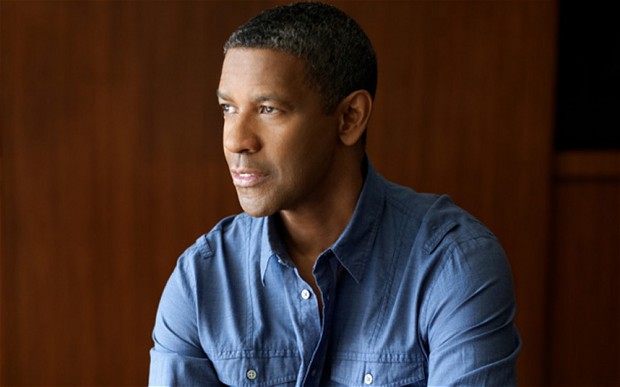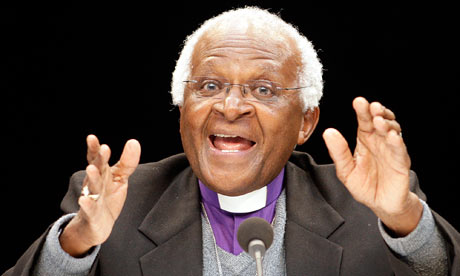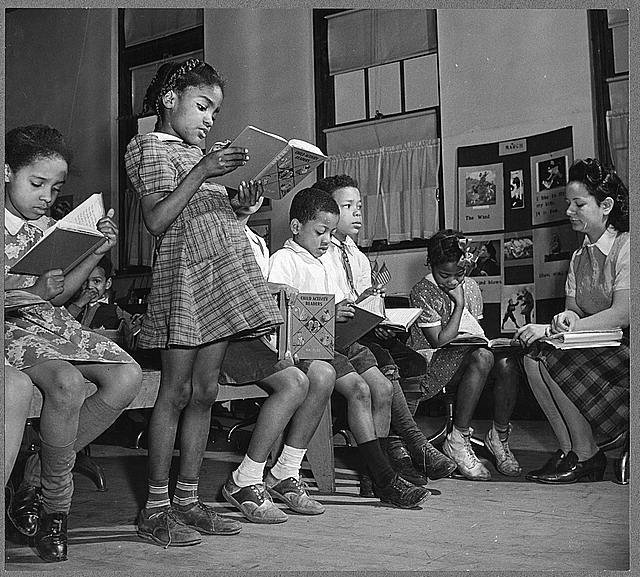1760
Poet Jupiter Hammon, an ex-slave living in New York, publishes his first poem, “An Evening Thought: Salvation by Christ with Penetential [sic] Cries”
1773
First major African American author and poet Phyllis Wheatley publishes her collection Poems on Various Subjects, Religious and Moral
1821
African Grove Company, the first all–African American acting troupe, debuts in New York City, performing Shakespeare plays and popular melodramas; in one of the Company’s productions, James Hewlett becomes the first African American to play Othello
1853
William Wells Brown, the first African American novelist, publishes Clotel; later works include the play The Escape; or, A Leap for Freedom (1858) and the nonfiction work The Rising Son (1873)
1896
Production of John W. Isham’s Oriental America becomes the first Broadway show with an all–African American company
1898
First African American musical comedy, Bob Cole’s A Trip to Coontown, is directed and managed by blacks and runs for three seasons in New York City
1899
Pianist and composer Scott Joplin pioneers the ragtime style with the “Maple Leaf Rag”; he goes on to write more than 40 ragtime pieces, including the popular favorite “The Entertainer”
1900
James Weldon Johnson writes the poem “Lift Every Voice and Sing,” Which goes on to become an unofficial black national anthem; Johnson’s later works include the novel Autobiography of an Ex-Colored Man and the collection of verse sermons God’s Trombones
1902
Jazz pianist Jelly Roll Morton begins performing in the Storyville district of New Orleans
1904
“Mother of the blues” Ma Rainey begins touring as a vaudeville singer
1910
Bert Williams, the first major African American male theater star, becomes the first black man to appear in an otherwise all-white Broadway production, the Ziegfeld Follies
1912
W.C. Handy’s “Memphis Blues,” the first published blues song, goes on sale
Pioneer black filmmaker Bill Foster directs the comedy The Railroad Porter, the first major African American film
1914
Sam Lucas becomes the first African American to star in a full-length Hollywood film when he portrays Tom in the film adaptation of Uncle Tom’s Cabin
1915
Lincoln Motion Picture Company, the first African American movie production company, is founded in Los Angeles
1919
Oscar Micheaux, the first African American independent filmmaker, releases his film The Homesteaders
1920
Charles Gilpin earns critical acclaim for his title performance in Eugene O’Neill’s The Emperor Jones at the Provincetown Playhouse in New York City
1921
Langston Hughes’s first published poem, “The Negro Speaks of Rivers,” appears in Crisis magazine
Ragtime composer Eubie Blake’sShuffle Along is one of the first musicals to be written, directed, and produced by African Americans
1923
First Broadway play written by an African American, Willis Richardson’s The Chip Woman’s Fortune, opens
1924
Florence Mills, the first major African American female theater star, stars in the New York production of Dixie to Broadway
1925
Dancer and singer Josephine Baker begins performing in La Revue Nègre at the Théâtre des Champs-Élysées in Paris; she goes on to become a popular and provocative cabaret star
Jazz trumpeter Louis Armstrong begins work on his Hot Five and Hot Seven recordings, which cement his reputation as a master jazz musician
1931
Jazz vocalist Billie Holiday lands her first singing work in a Harlem club; she records her first songs two years later
1933
Caterina Jarboro becomes the first African American to perform with a major American opera company when she is featured in a Chicago Opera Company production of Verdi’s Aida at the New York Hippodrome
1934
Harlem’s Apollo Theater hosts its first Amateur Night, which goes on to launch the careers of many important African American performance artists
1935
Bandleader Count Basie assembles his nine-piece band and goes on to become of the most influential figures in big-band jazz
1937
Zora Neale Hurston’s novel Their Eyes Were Watching God is published
1938
Jazz vocalist Ella Fitzgerald has her first hit; she goes on to record hundreds of songs and tour internationally with numerous jazz greats
1940
Hattie McDaniel becomes the first African American ever to receive an Academy Award, for her supporting role as Mammy in Gone with the Wind
Richard Wright‘s novel Native Son becomes a bestseller; Wright later receives similar acclaim for his memoir, Black Boy (1945)
1942
Actress Lena Horne moves to Los Angeles to pursue a film career
1943
Paul Robeson stars in a Broadway production of Othello that sets the all-time record for a Broadway run of a Shakespeare play
1945
Bandleader and trumpeter Dizzy Gillespie, pianist Thelonious Monk, and alto saxophonist Charlie Parker pioneer the style of bebop jazz
Swing musician and vocalist Nat King Cole becomes the first African American to have his own radio show, which runs for two years on NBC Radio; later, he becomes the first African American to have his own network television show, The Nat King Cole Show, which airs on NBC
1949
Jazz trumpeter and composer Miles Davis releases his album Birth of the Cool
1950
Gwendolyn Brooks becomes the first African American to win the Pulitzer Prize, awarded for her book of poetry Annie Allen
1951
Blues guitarist B.B. King records “Three O’Clock Blues,” his first major hit
1952
Ralph Ellison wins the National Book Award for his novel Invisible Man
1953
James Baldwin’s first novel, Go Tell It on the Mountain, is published
1954
Tap dancer Gregory Hines makes his Broadway debut; he goes on to star in many films and plays and contributes to a major rebirth in American tap dance
1955
Marian Anderson becomes the first African American to be signed by the Metropolitan Opera, with her performance as Ulrica in Verdi’s A Masked Ball
Dorothy Dandridge is the first African American woman to be nominated for an Academy Award for Best Actress, for her role in Carmen Jones
1956
Singer, dancer, and actor Sammy Davis Jr. debuts both on Broadway (Mr. Wonderful) and film (The Benny Goodman Story)
1957
Soprano Leontyne Price, the first African American opera singer to win international renown, debuts with the San Francisco Opera
1958
In New York City, choreographer Alvin Ailey establishes the Alvin Ailey Dance Theater, which goes on to become world-renowned
1959
Singer Ray Charles has his first million-copy hit single with “What I’d Say”
1960
Lorraine Hansberry’sA Raisin in the Sun becomes the first play by a black writer to win the New York Drama Critics’ Circle award and the first play by a black woman to be produced on Broadway
1964
Sidney Poitier becomes the first African American to win an Academy Award for Best Actor, for his performance in Lilies of the Field
1965
The Autobiography of Malcolm X becomes a major bestseller
Bill Cosby becomes the first black star of a network television snow, NBC’s I Spy
1967
Pearl Bailey headlines an all-black Broadway production of Hello, Dolly! that runs for two years in New York and then goes on a lengthy national tour
1968
Henry Lewis becomes the first African American to serve as musical director of an American orchestra (the New Jersey Symphony)
James Earl Jones wins a Tony award for his role in the Broadway production of the boxing drama The Great White Hope
1969
African American soprano Jessye Norman makes her opera debut in Berlin, in Wagner’s Tannhäuser
Filmmaker Gordon Parks’sThe Learning Tree, the first film directed by an African American for a major movie studio, is released; Parks goes on to direct Shaft (1971)
Maya Angelou’s memoir I Know Why the Caged Bird Sings is published
1970
The Jackson 5 have four consecutive number one hits on the pop charts
1972
R&B pioneer Stevie Wonder releases his hit album Talking Book
1976
Alex Haley publishes his novel Roots, which becomes a hit TV miniseries in 1977
1977
Song of Solomon brings Toni Morrison attention as a major literary talent; she goes on to further critical success with Beloved (1987) and the Nobel Prize for Literature (1993)
1982
Alice Walker’s novel The Color Purple receives wide critical praise
Michael Jackson wins eight Grammy awards for his album Thriller
1984
The Cosby Show debuts on NBC; it runs for eight seasons
1986
Playwright August Wilson wins the Pulitzer Prize for Fences; he goes on to win another Pulitzer for The Piano Lesson (1990)
1990
Denzel Washington wins an Academy Award for Best Supporting Actor for his role in Glory, a retelling of the story of the black 54th Massachusetts Regiment in the Civil War
1992
Terry McMillan publishes her novel Waiting to Exhale, which is acclaimed for its portrayal of independent black women; the film adaptation (1995) is a major hit
2002
Denzel Washington and Halle Berry win Academy Awards for Best Actor and Best Actress for their respective roles in Training Day and Monster’s Ball











